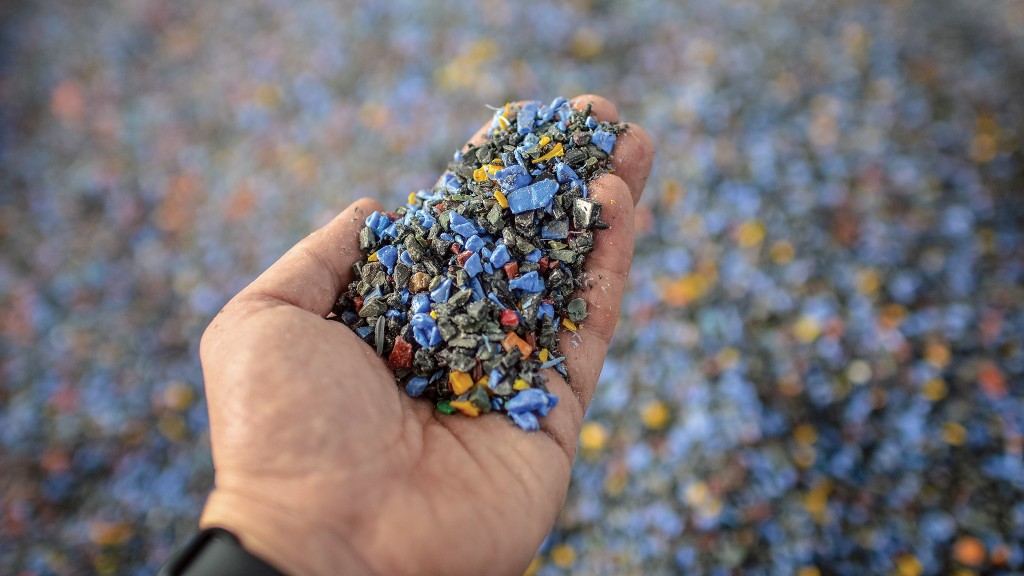Eggersmann Anlagenbau GmbH has finished a light packaging waste (LPW) processing plant for SITEL. The processing plant is in Belgium's Liège province and can separate 17 different fractions.
The new plant was designed to achieve a throughput of 14.5 tonnes per hour. This means processing 223 cubic metres of waste at a density of 65 kilograms per cubic metre every hour. In the end, there will be 17 separated fractions with purities from 93 percent to 97 percent. At the same time, the losses in the individual grades will not exceed between two and five percent. In addition to the separation into different recyclable materials – like aluminum, HDPE, or PE films – the processing plant can separate different colours of PET – including clear, blue, and other coloured and opaque PET-type plastics – in fractions. Thermoformed PET-Trays are also recognized and divided separately.
The facility needed over 1,000 tonnes of steel and over three kilometres of conveyors to complete. Installation and assembly of the facility happened between May 2022 and January 2023 by Eggersmann Anlagenbau. The installation included installing the electrical equipment and control system.
Eggersmann Anlagenbau worked with BRT HARTNER and Eggersmann GmbH to complete the installation. Machines from BRT Hartner were used along with from Eggersmann GmbH. BSolutions and SEMACO helped plan and coordinate the installation of the facility.
"With this investment, SITEL has taken exactly the right step into the future. The quantities of LPW continue to increase, while at the same time, the awareness for a real recycling of plastics is growing. Naturally, this also increases the demands on the sorting plants. In short: ever larger quantities have to be separated into ever more precise fractions," says Laurence Dauchy, sales and project manager at the Eggersmann Anlagenbau. "We are very grateful that we were able to realize this project for SITEL."
The construction became necessary because the facility previously operated by SITEL for sorting regional LPW could no longer handle the increasing volumes and the addition of foils to the Belgian LPW collection system. As modernization and expansion were not economic options, the construction of a new plant was put out to public tender.



